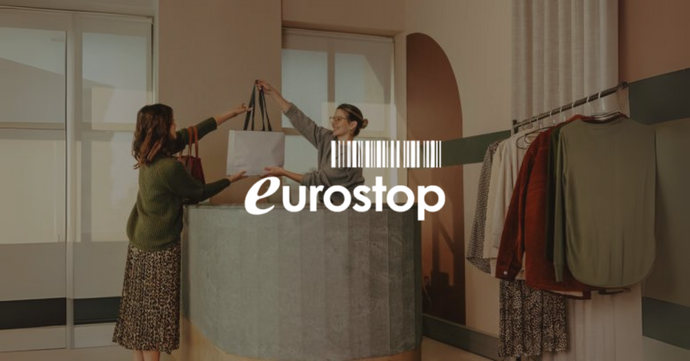4 POS Industry Trends You Should Know in 2025
Whether or not you currently use an EPOS system, having an awareness of current and future POS industry trends will be beneficial for you. Gaining a deeper understanding of what customers want and expect, as well as what methods are optimal vs outdated, can help your business make its customers happy – all while reducing waste and getting better cost efficiency.
So what will we be learning, exactly? Read on to discover some POS industry trends that can guide you towards better business and higher profits.
1. Mobile, Online, and Contactless Payments
Given the rapid advancement of technology, customers now expect multiple methods of payment to be available in stores. A retail location that accepts only cash and card payments would likely be seen as archaic, and would risk falling behind more tech-savvy and updated competitors.
Businesses that want to stay ahead of the curve would do well to adopt a modern EPOS system capable of processing multiple forms of payment – not only cash and credit/debit cards, but also payments made via mobile devices, through an internet connection, and using contactless methods.
Perhaps the COVID-19 pandemic made some of these alternative methods more attractive, but regardless of the origin, customers now expect these options as a matter of course. All other factors being equal, they are more likely to buy from a business that offers these options.
2. Personalised Customer Experiences
Offering a personalised experience for customers walking into a store is another way that businesses can delight buyers and secure their patronage. What are some ways that a company can create this experience?
A store could use its EPOS system to check stock levels in real time and answer customers’ questions as quickly as they ask them. What’s more, the technology could also allow them to view a digital, interactive image of what they plan to buy. This results in a more immersive experience, and could be a differentiating factor that pushes a potential customer to become an actual paying one.
A good EPOS system would also allow store staff to track information such as purchase history, preferences, promotions and deals that may interest buyers, and any rewards they might be eligible for.
All of this would lead to a better experience for customers, and thus increased loyalty and good word-of-mouth marketing.
3. Increased Omnichannel Support
Once a company begins to expand and add additional locations, it may want to consider increasing its omnichannel operations as well. In addition to adding more physical branches, giving buyers the option of online shopping and purchasing is practically a necessity in today’s hyper-modern business environment. You never know whether a customer will want to walk into your store or just browse and shop on your website – so you’d better be ready for both.
Attempting to manage, track, and update all relevant information across all operations using separate systems would likely be a massive headache, not to mention carry a higher risk of inaccurate recording.
Hence, increased omnichannel support is vital for businesses. They need a highly integrated system that can manage both physical and online shopping, along with all of the interconnected issues of inventory management, sales records, customer details, analytics, and forecasting as accurately as possible – leaving staff and management free to focus on the big picture of growing the business.
4. More Detailed Data Tracking
Speaking of data tracking, an EPOS system can help you keep an eye on important metrics that will influence your future business decisions: metrics such as the aforementioned sales trends and customer purchase histories. Staff administration matters such as employee time logs and performance markers are included here as well.
In particular, systems that lay out these metrics for you are beneficial because they illustrate business trends. They will let you know which of your items are more and less popular with buyers. They may help guide your marketing strategy. They will indicate whether your staff is working with maximum efficiency and effectiveness.
In other words, these systems help greatly with business forecasting, allowing you to maximise cost efficiency and minimise wasted resources and effort.
Conclusion
With new and better technology becoming available in the retail industry, and customers beginning to demand more convenient and better service, it cannot be doubted that these trends are now realities of the business landscape. In all likelihood, this will only become more true as time goes on. Companies that can keep up with these realities stand to gain a huge advantage over their competitors.
The best way to stay on top of these trends is to invest in a solution that can perform all of these functions for you. Eurostop offers a state-of-the-art EPOS system that can do just that. We also have solutions for stock control and management, as well as a mobile POS system for even greater convenience and connectivity.
Want to learn more or send us a specific enquiry? Contact us today!




